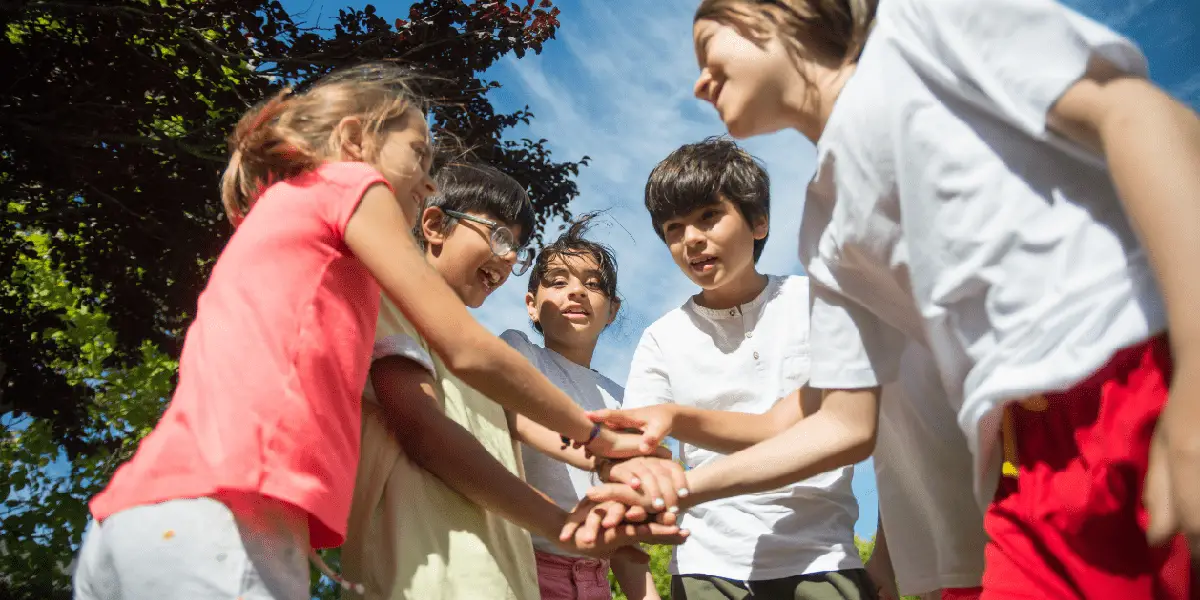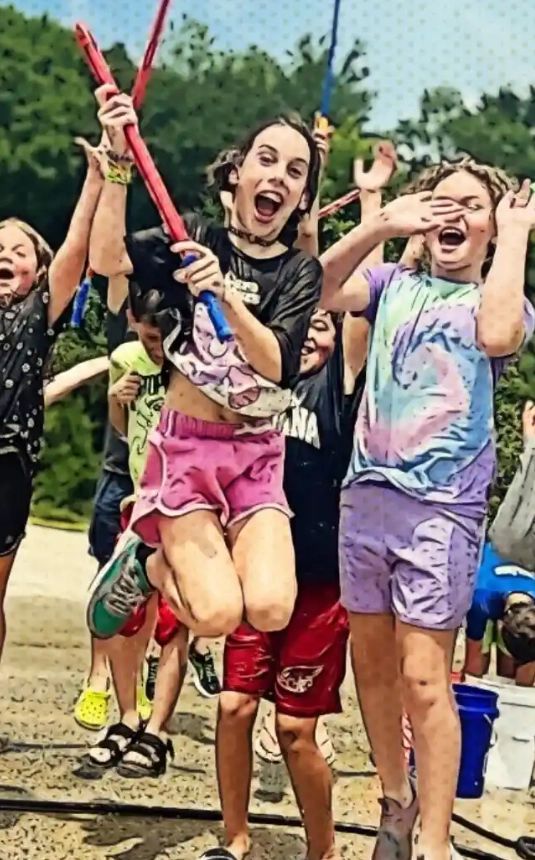In today’s competitive world, academic excellence alone isn’t enough to prepare children for future success. While traditional classroom learning builds fundamental knowledge, extracurricular activities develop the practical skills and competencies that shape individuals. These activities are powerful platforms where children discover passions, build self-confidence, and acquire valuable life skills that extend far beyond the regular school curriculum.
Let’s embark on an enlightening journey to explore why these activities matter so profoundly, how they can seamlessly integrate into our children’s lives, and which ones promise to charge their development with unmatched vigor. Throughout this guide, we’ll highlight examples of excellent extracurricular opportunities in Charlotte, NC, for those looking for local options.
Why Are Extracurricular Activities Important for Your Child?
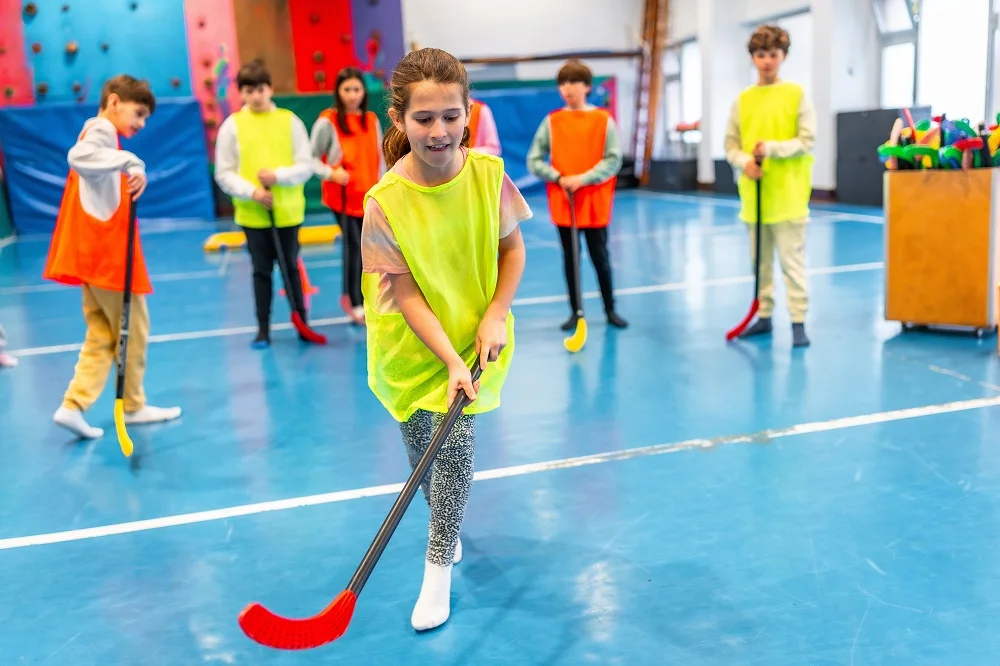
Today’s parents face a challenging balancing act: providing children with enough enrichment opportunities without overwhelming their schedules. Understanding the value of extracurricular activities helps make informed decisions about which experiences will benefit your child most. Extracurricular activities matter because they offer benefits such as:
- Academic enhancement: Activities complement the regular school curriculum by providing practical applications for classroom knowledge.
- Skill development: Extracurricular activities help children develop practical skills that aren’t typically taught through academic curriculum alone.
- Social growth: Interaction with diverse peer groups fosters crucial social skills and cultural awareness.
- Future preparation: Exposure to various activities helps children discover passions that may influence future career choices.
Individuals who possess varied proficiencies stand out in an interconnected global society demanding versatility alongside expertise. Henceforth, fostering these aptitudes isn’t merely beneficial but vital — setting youth on courses toward successful careers and enriching personal lives filled with empathy and passion.
Key Skills Children Develop Through Extracurriculars
The most valuable aspect of extracurricular participation might be the remarkable range of skills children develop, almost unconsciously, while pursuing interests that promote personal growth.
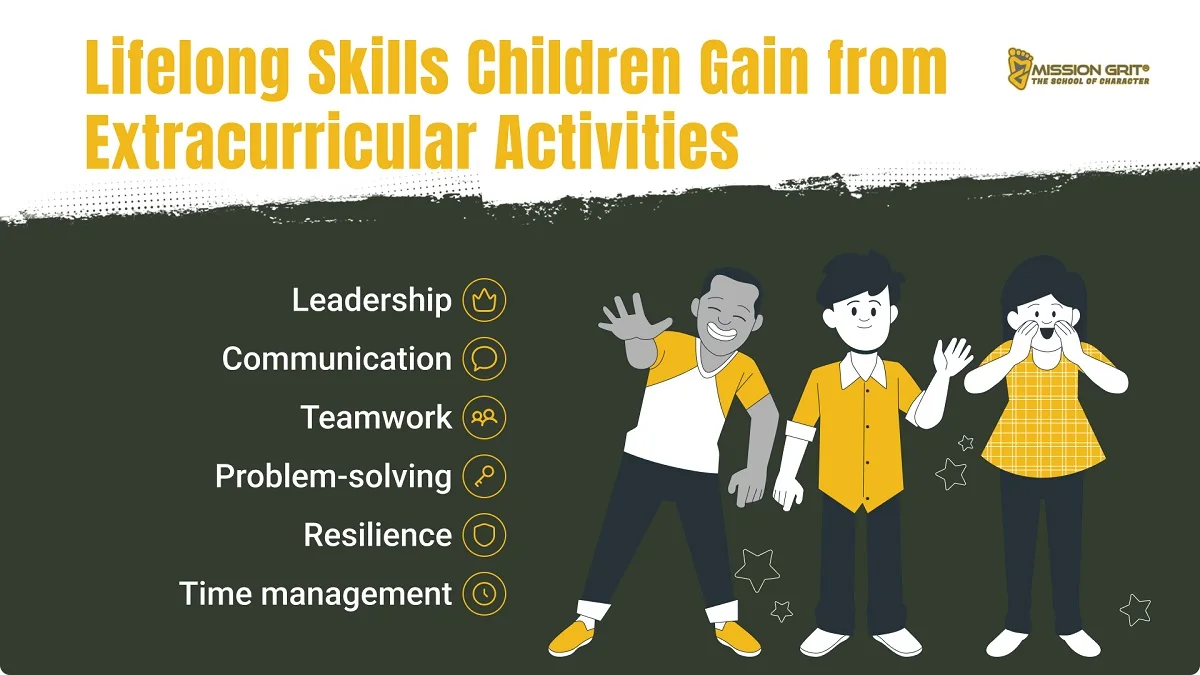
The essential skills cultivated through extracurricular engagement include:
- Leadership skills: Children learn to take initiative, motivate peers, and execute plans while developing their leadership abilities for future success.
- Communication skills: Activities foster the ability to express ideas clearly and listen effectively to others in various contexts.
- Teamwork: Students develop collaboration abilities by working together toward common goals despite individual differences through learning teamwork for kids.
- Problem-solving skills: Children discover how to find creative solutions to unexpected challenges and think critically under pressure.
- Resilience: Through extracurricular challenges, kids learn to bounce back from setbacks and persevere through difficulties.
- Time management: Balancing multiple responsibilities teaches children to prioritize tasks and meet deadlines efficiently.
This list isn’t exhaustive, and your child likely grows in ways you can’t imagine. These competencies represent transferable skills that benefit children across all aspects of life, from academic responsibilities to personal relationships. Instead of viewing extracurricular activities as optional additions to education, consider them essential components of your child’s development journey that will benefit them for the rest of their lives.
Types of Activities That Help Develop Skills in Children
The variety of available extracurricular activities can be overwhelming, and you may not know where to begin. Understanding the specific benefits of different categories can help you guide your child toward options that align with their interests while developing desired skills.
Team Sports and Physical Activities
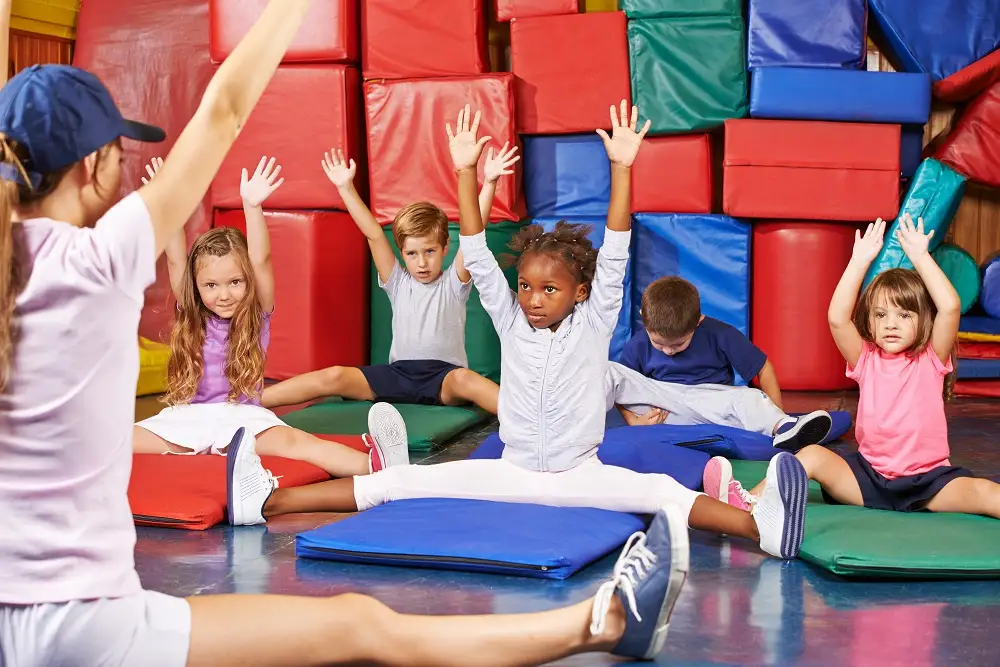
Physical activities provide fundamental benefits that extend far beyond fitness alone. For children ages 5-11, participation in sports and movement-based activities develops coordination, spatial awareness, and body confidence during crucial developmental years. These activities also lay the groundwork for lifelong physical health habits while teaching essential social skills through structured play.
Popular physical activities that develop essential skills include:
- Team sports: Soccer, basketball, and baseball teach cooperation, strategy, and how regular exercise boosts academic performance.
- Martial arts: Karate, taekwondo, and judo develop discipline, respect, and concentration in a structured environment.
- Swimming: Water activities build full-body strength while teaching water safety and confidence.
- Gymnastics: Tumbling and apparatus work can develop balance, flexibility, and body awareness through progressive challenges.
- Obstacle courses: These programs combine multiple physical challenges that build comprehensive fitness and problem-solving abilities.
While beneficial across all age groups, physical activities are particularly transformative for elementary, middle, and high school students. These age groups are establishing fundamental movement patterns and social dynamics that will influence their relationships with exercise and teamwork throughout life.
Example in Charlotte, NC: Mission Grit XPLOR Program offers innovative obstacle course training that builds physical skills and confidence through the unique approach to the benefits of physical activity and exercise.
Creative and Artistic Activities
Art, drama, and music classes aren’t simply extracurricular activities; they’re vital components of building emotionally intelligent future leaders. Equipping our youths today becomes our society’s strength tomorrow as these individuals continue crafting beautiful tapestries of human experiences — not only resonating within themselves but also echoing outwardly into communities at large.
Artistic activities offer safe spaces for exploration, experimentation, and personal expression that academic subjects rarely provide. Creative extracurricular activities that foster artistic development include:
- Visual arts: Painting, drawing, and sculpture classes develop fine motor skills and visual-spatial reasoning.
- Performing arts: Theater and dance build confidence, body awareness, and emotional expression.
- Music classes: Learning instruments or voice training enhances mathematical thinking and auditory processing.
- Creative writing: Poetry and storytelling workshops develop language skills and emotional intelligence.
- Digital media: Photography and graphic design merge technology with creativity for modern expression.
The skills developed through artistic pursuits complement classroom learning by enhancing spatial reasoning, pattern recognition, and abstract thinking — abilities that transfer directly to subjects like mathematics and science.
Example in Charlotte, NC: Hands Create offers fun, inspiring art classes for all skill levels, combining expert instruction with joyful, hands-on creativity.
STEM and Intellectual Development Activities
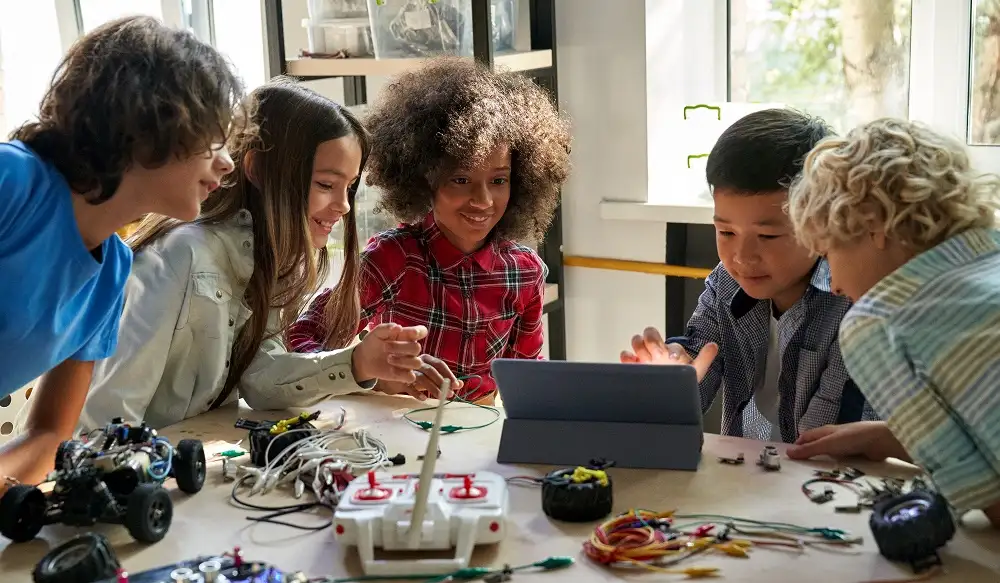
When it comes to the multifaceted development of youngsters, intellectual growth through academic clubs sits as a cornerstone, equally crucial to their personal evolution as physical or social maturation. In today’s technology-driven world, STEM (Science, Technology, Engineering, and Mathematics) provides crucial preparation for future careers while developing logical reasoning and analytical thinking.
- STEM workshops: These interactive sessions are treasure troves for sparking interest in science, technology, engineering, and math. They often involve hands-on projects and experiments that make abstract concepts tangible.
- Language immersion programs: By engaging with new languages in fun settings, kids don’t just learn new ways to communicate — they gain access to different cultures and perspectives.
- Chess clubs and academic competitions: These platforms offer mental workouts that enhance strategic thinking and memory skills.
- Robotics clubs: Building and programming robots combines engineering principles with computer science for applied learning.
By actively participating in these intellectually stimulating programs, children can build critical thinking skills robustly while still reveling in the joy of learning.
Example in Charlotte, NC: Mad Science of Charlotte brings fun science programs for students after school.
Community and Social Development Activities
Growing up isn’t just about learning to read or solve math problems; it’s also about mastering the art of interacting with others. Social development is a key facet of a child’s growth, involving their ability to form relationships, collaborate, and navigate social situations confidently. Community-focused activities that develop social awareness include:
- Volunteer work: Community service projects teach empathy while providing perspective on diverse social needs.
- Student government: Leadership councils develop democratic principles and administrative skills through real responsibility.
- Debate club: Public speaking programs build confidence, research skills, and respectful argumentation abilities.
- Community theater: Productions combine artistic expression with teamwork and community engagement.
- Environmental projects: Conservation activities connect children with nature while teaching stewardship values.
These community and social development experiences connect children to the broader world beyond their immediate social circles. As a result, they expand their understanding of diverse perspectives and community needs in a way that the classroom cannot provide.
Example in Charlotte, NC: Kidz That Care empowers kids and teens through fun, age-appropriate volunteer events, service projects, and leadership opportunities.
Balancing Tech & Play
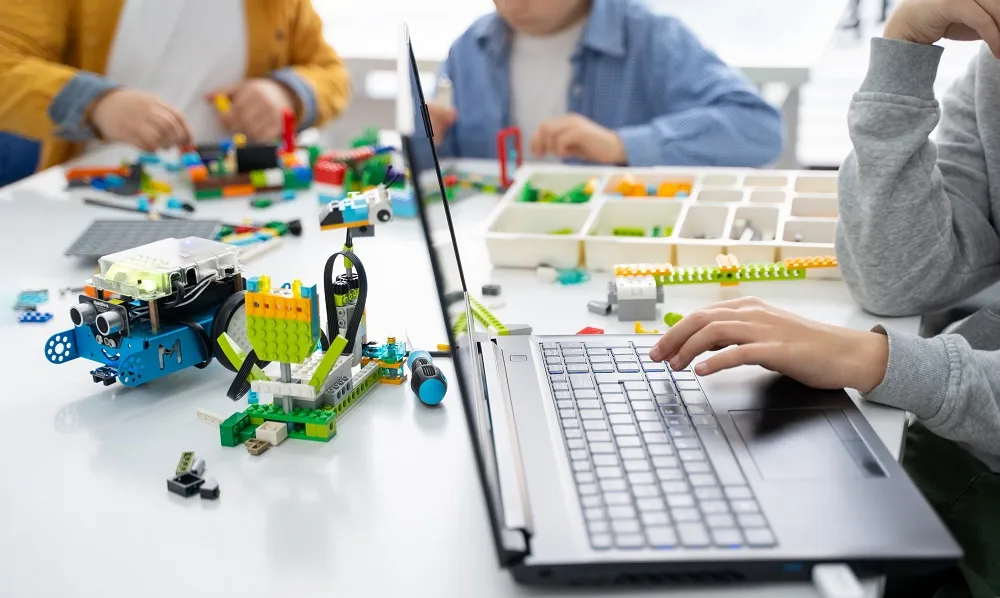
In a modern world where digital devices are as much a part of the household as furniture, understanding the impact of technology on children’s development is crucial. Screens can be both educational tools and sources of entertainment; yet, like all things, they require moderation and wise application to ensure positive growth and mental well-being. Beneficial technology-based activities that balance screen time with skill development include:
- Coding workshops: Programming clubs teach logical thinking and problem-solving through creative digital projects.
- Digital art: Design classes blend traditional artistic principles with modern technology skills.
- Multimedia production: Creating podcasts or videos teaches planning, editing, and communication skills.
- Educational gaming: Carefully selected games develop strategic thinking and specific subject knowledge.
- Digital citizenship: Programs teach responsible online behavior and critical media consumption skills.
By viewing technology as an ally in kids’ development when paired with guidance and clear boundaries, we pave the way for well-rounded advancement that marries technological savvy with essential interpersonal skills.
Example of an educational app: Duolingo is perfect for language learning via mini-games that feel more like fun than study.
Why Mission Grit is Great for Kids’ Development

When the final bell rings and the school doors swing open, children burst into a world of possibilities. Here’s where an innovative program like Mission Grit shines. It’s much more than just a mere after-school activity; it’s a developmental cornerstone.
Our obstacle course methodology incorporates non-traditional movement-based training that engages the body and mind simultaneously. Unlike conventional sports that focus narrowly on athletic performance, our courses emphasize mental focus, route memorization, and adaptive decision-making under physical challenge. Children don’t just move — they think, respond, collaborate, and lead.
We follow our SPIRIT™ method, a comprehensive approach to child development. Here’s what you can expect in our program:
- Science: Applying physics and engineering principles through active learning.
- Problem-solving: Developing critical thinking through environmental challenges.
- In motion: Learning through activity and constant engagement.
- Respect: Building character through positive interactions and encouragement.
- Interactive: Creating dynamic learning environments with immediate feedback.
- Teamwork: Fostering collaboration and mutual support among peers.
We take a methodical approach that ensures that each activity serves multiple developmental purposes, maximizing the value of every minute your child spends with us. We want your child to leave feeling challenged, motivated, and supported.
Brianne Carter, an educator with over 15 years of experience, notes:
Programs like Mission Grit are essential for giving children the essence of authority combined with humility — key characteristics of authentic leaders.
By choosing Mission Grit as part of your child’s extracurricular portfolio, you’re investing in a program that develops the whole child — physically, mentally, emotionally, and socially — preparing them for success in all life’s obstacles.
Unlocking Your Child’s Full Potential with Mission Grit
Extracurricular activities provide irreplaceable opportunities for children to develop the practical skills, emotional intelligence, and personal confidence that complement academic knowledge. Don’t underestimate their ability to transform your child! By encouraging participation in thoughtfully selected activities, parents help children discover passions, build relationships, and gain the essential competencies needed for lifelong success.
Give your child the opportunity to grow through challenge and adventure with Mission Grit’s obstacle course training program. Designed to strengthen body and mind, our program blends physical activity with critical thinking in a supportive setting that builds strength and resilience. We’re proud that 100 percent of parents see improved confidence in their children. Contact us today to learn how we can help your child develop the skills to tackle life’s challenges head-on.

